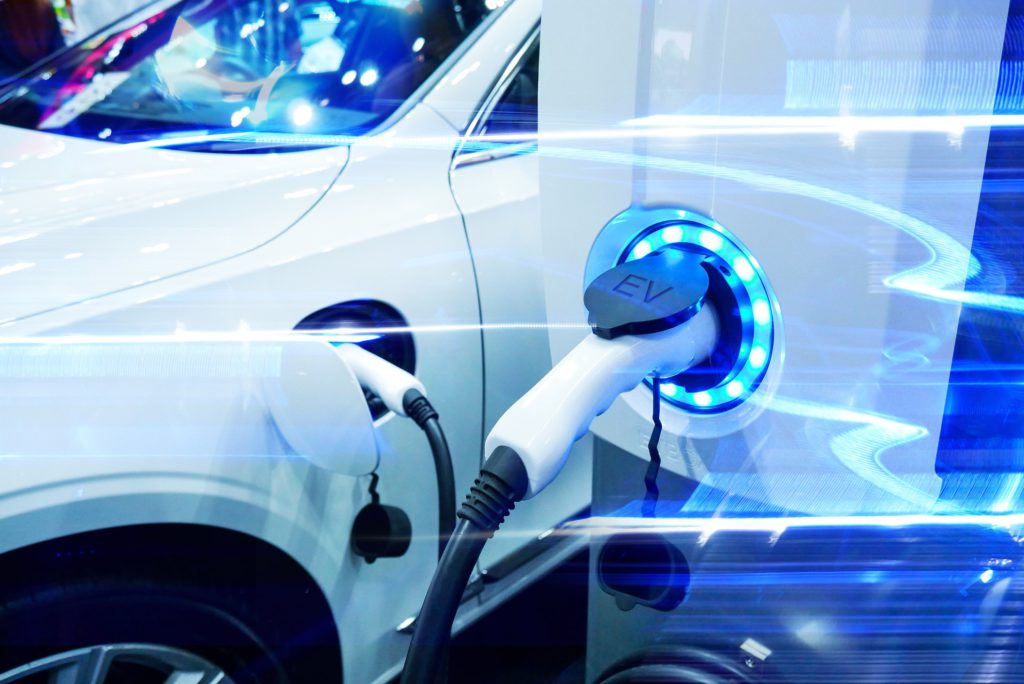Alternative drives, consisting of hybrid, fuel-cell, gas, hydrogen, and battery-electric vehicles (BEVs), claimed approximately a quarter of all new-car registrations in Germany in 2020. This result came in a year defined by COVID-19, when registrations in the country declined by roughly 20%.
The country’s government sought to use the pandemic as a springboard for a greener economy, with a greater emphasis on electromobility. In November last year, it committed a €4 billion stimulus package to the automotive sector, with funds being channelled into the adaptation of production lines and incentivising the purchase of electrically-chargeable vehicles (EVs).
An electric transformation
With the Kraftfahrt-Bundesamt (KBA) reporting the number of newly-registered BEVs increased by 206% in 2020, compared with 2019, the German automotive market does look to be on track for an electric transformation. Some 13.5% of all newly-registered passenger cars in the country now sport an electrified drivetrain, from BEVs to plug-in electric hybrids (PHEVs) and fuel-cell electric vehicles (FCEVs). The federal states of Schleswig-Holstein, Berlin and Baden-Württemberg played host to a high share of these new EV registrations last year, at over 16%.
‘E-mobility is now at the heart of mobile society. Positive user experiences, reliable technologies and a growing range of products facilitate the switch to e-mobility. With a sustained trend for registrations of vehicles with electric powertrains, around 22% in the last quarter of 2020, the government target of seven to 10 million electric vehicles registered in Germany by the year 2030 can be achieved,’ said KBA President Damm.
Segments and brands
The small-car segment was the strongest, accounting for 29.9% of registrations of new BEVs in 2020. Meanwhile, SUVs made up just under a fifth of the registration volume of new BEVs. The compact segment also reached a high share of this type, with 19.6%.
For BEVs, private registrations made up almost half of all registrations, at 48.8%. For all alternative powertrains, two-thirds were commercial (63.5%), and one third (35.4%) were private. Overall, some 63% of all new-car registrations, including petrol and diesel, were registered for commercial use in 2020.
A total of 394,940 new EVs were registered last year. VW passenger cars claimed the highest market share at 17.4%, up 608.6% compared with 2019. Meanwhile, Mercedes enjoyed a 14.9% share, up 499.8%, and Audi took 9%, up 607.9%. A total of 194,163 new BEVs were registered in the country in 2020. The VW brand claimed a 23.8% share of this volume, representing a 463.3% increase on the previous year. Renault then followed with a share of 16.2%, up 233.8%, and Tesla captured 8.6%, up 55.9%.
VW achieved the largest share of the EV parc, with 16%, pulling ahead of BMW at 12.3%, and Mercedes at 12.1%. For BEVs, VW claimed a 20.2% share, this time ahead of Renault at 18.1%, Smart at 11.6% and Tesla at 11.1%.
Around 70% of the battery-electric car parc was allocated to the small-car (33%), compact (19.6%) and mini (17.3%) segments. The stock of battery-electric passenger cars in the SUV segment, which has a high number of registrations, reached a share of 14.4%.
While the KBA has yet to confirm the total number of new-car registrations in 2020, at the end of last year Autovista Group’s Schwacke projected a recovery to just under 3.1 million in 2021. This would follow an expected registration volume of 2.9 million new cars in Germany in 2020.

 Schließen
Schließen